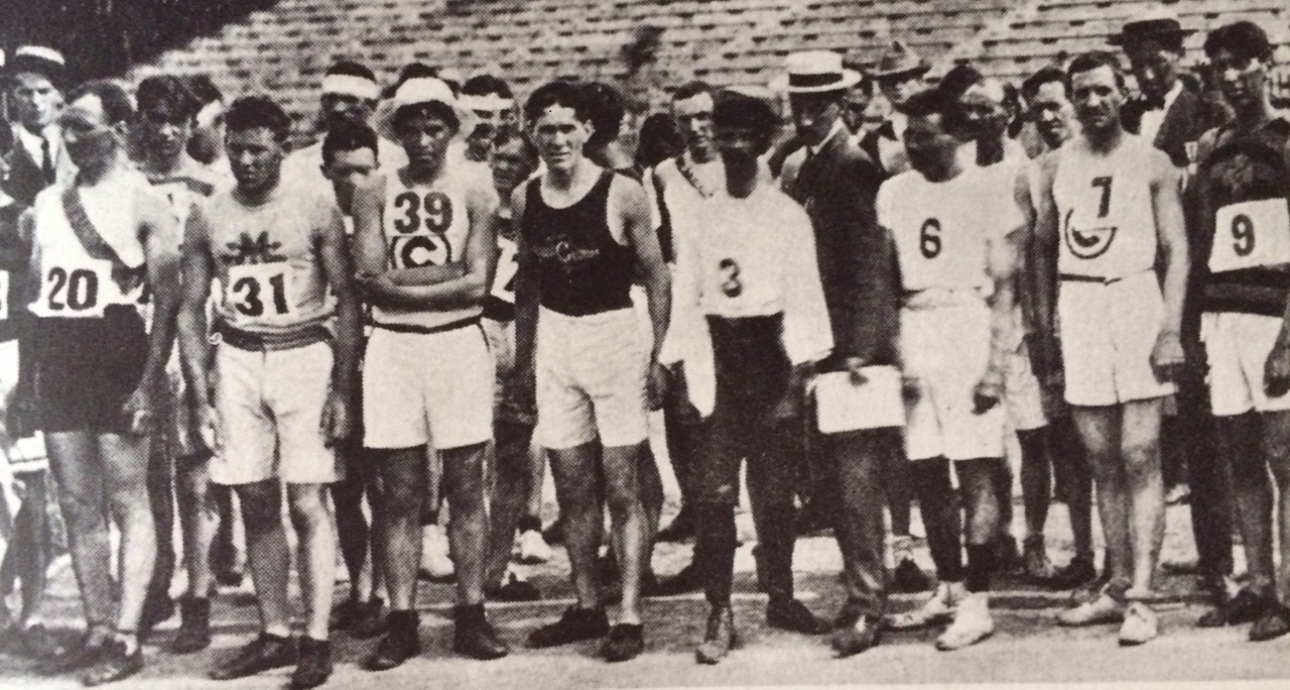
Marathon During 1904 Olympics: Doping, Hitchhiking, and Roadside Naps
The third, and the first ever in the US, 1904 Olympics in St. Louis are not considered the worst in history for a single reason: to not raise the status of the Games in Berlin with Hitler in the audience or the Munich Games where Palestinian terrorists killed 17 athletes. Let’s just say they were the strangest. Because they took place at the same time as the World’s Fair, they extended for five months and could accommodate many unusual events, including one-legged gymnast George Eyser winning three gold medals and ‘Anthropology Days’ where Eskimos, Indians, and Filipinos were competing in ethnic sports such as mud wrestling or climbing up a greased pole.
This was also true for the marathon in St. Louis, which looked more like a circus performance: because of all the related scandals, the 42 meter distance was almost excluded from the Olympic program forever.
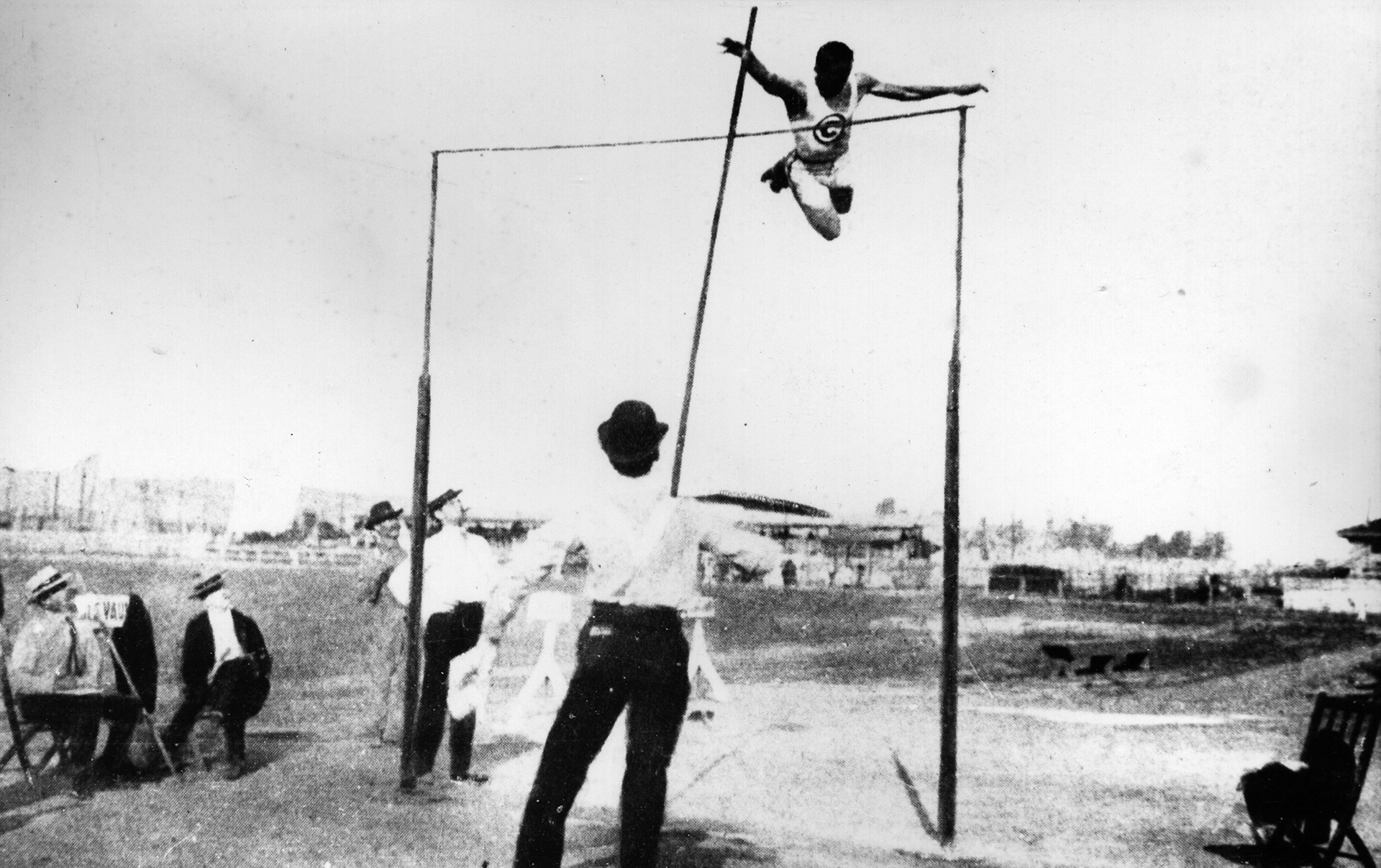
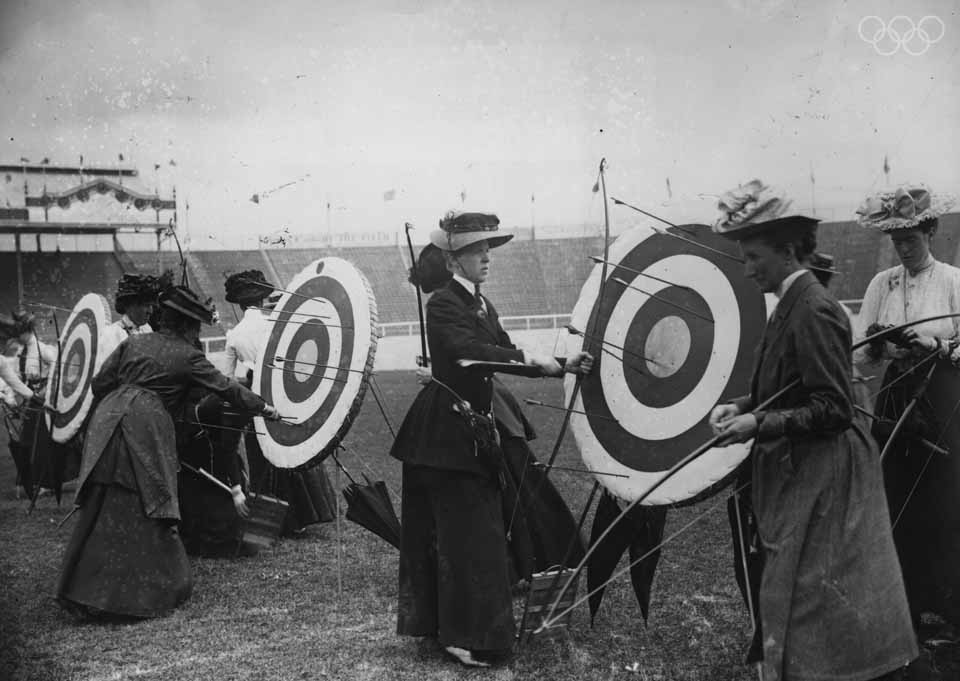
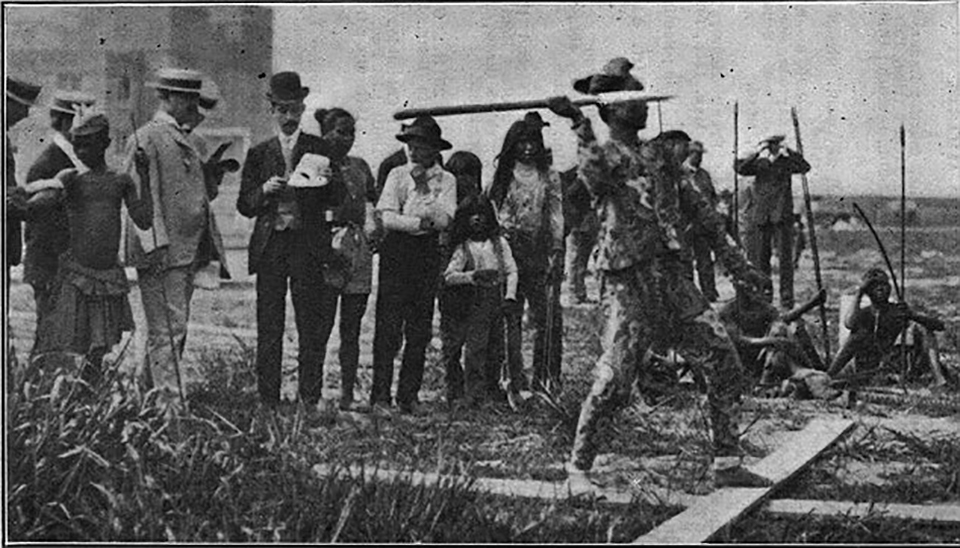
The cost of the tickets and the war between Russia and Japan prevented most of the European and Asian athletes from coming to America. Only several experienced marathon runners participated in the race, others were middle distance runners and other various unlikely competitors. Among them, were two Greek athletes who never ran a marathon before, two barefoot representatives of the Tswana tribe from South Africa, and Cuban postman Felix Carvajal. He lost all his money in a game of dice after arriving in the US, so he had to walk and hitchhike to St. Louis. He turned up at the starting line in a long-sleeved white shirt, dark trousers and regular shoes. The organizers lent him scissors to cut the legs of his trousers.
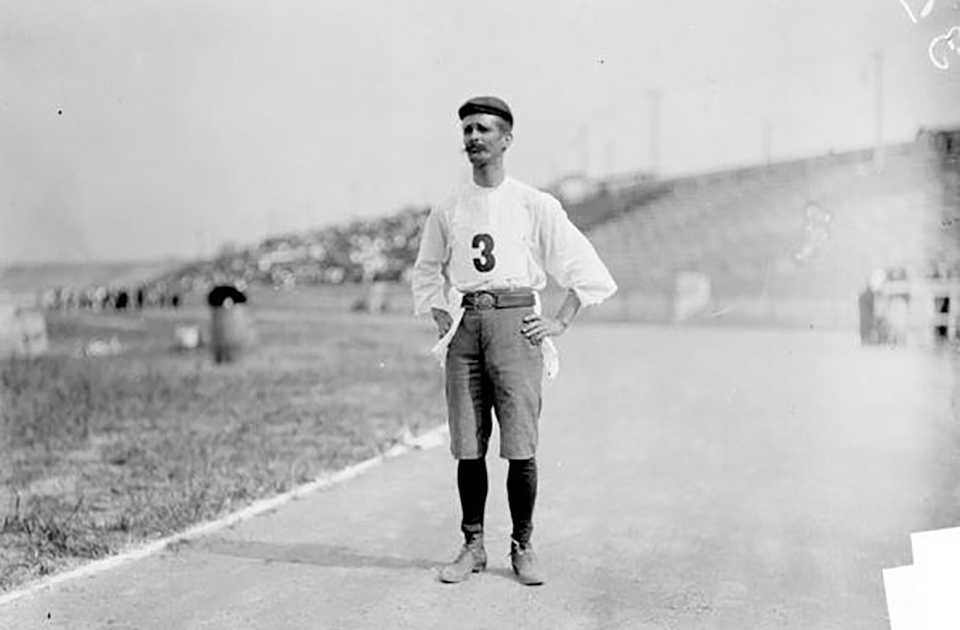
The Marathon started at 3pm when the temperature reached 35 degrees. The route lay through seven hills with tiring ascents, there were rocks lying around in many places on the dusty road, which posed a risk for trauma for the runners, besides, they had to be aware of the cars that were driving past them. James Sullivan, the organizer of the Games, minimized the fluid intake of the athletes, as he wanted to observe the results of controlled dehydration, so the runners could drink fresh water only at the pump house (10km from the start) or from the well (20km).
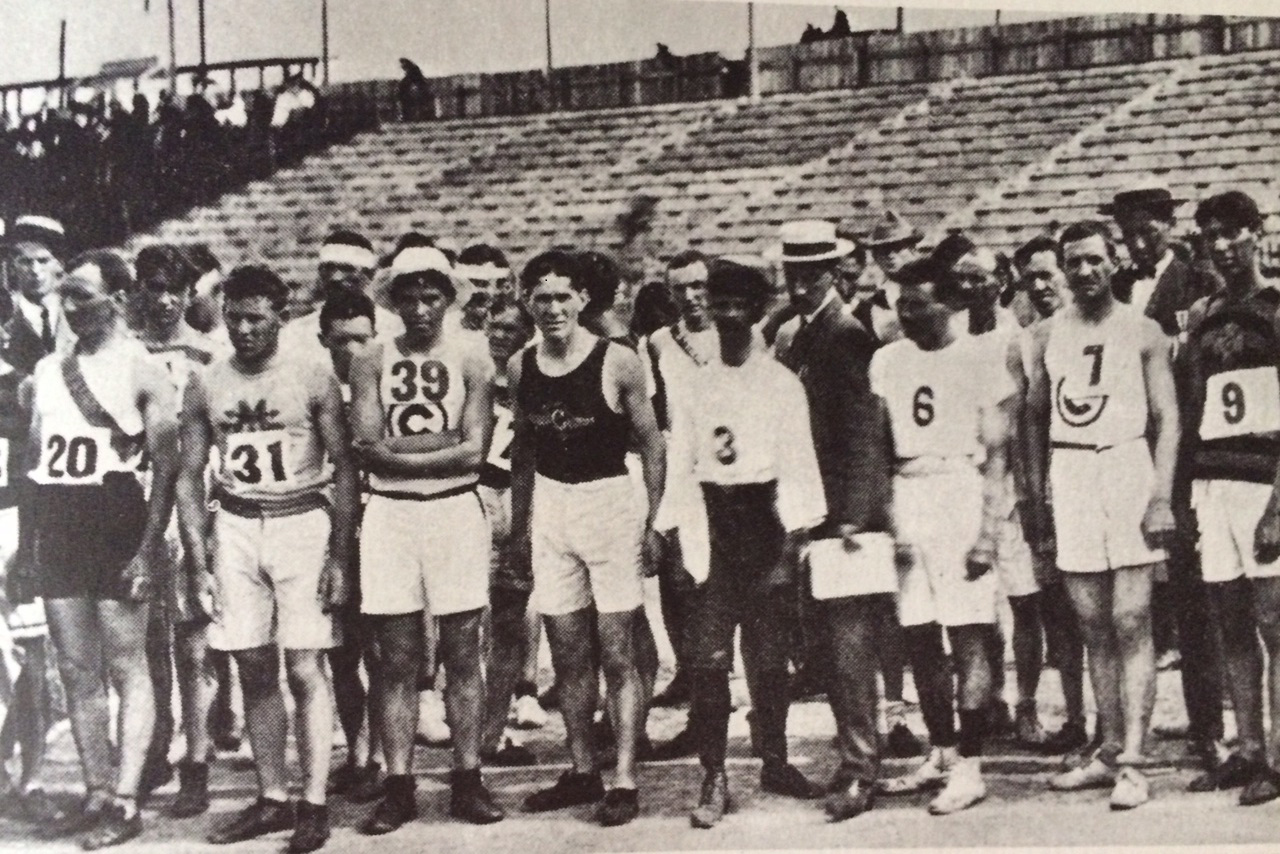
William Garcia from California nearly became the first person to die during the Olympics: he collapsed on the side of the road and was hospitalized with stomach hemorrhaging. John Lordon had a vomiting fit and quit the competition. Len Tau was chased off the race track by stray dogs. Despite uncomfortable shoes and clothes, Felix Carvajal from Cuba was keeping a good pace, before he stole two peaches from a parked car and followed them with apples he found on the side of the road. After that, he felt cramps, so he lay down for a nap.
American Fred Lorz also started having cramps after he ran 15 kilometers, so he decided to hitchhike for a bit.
Thomas Hicks, considered one of the favorites of the marathon, was running and doping with egg whites and strychnine, which at the time was used for stimulation in low doses. At the 16th kilometer, he begged his team to give him water, but they only sponged his mouth with warm distilled water instead. They also had a flask of brandy on them, but decided to refrain from it for the time being.
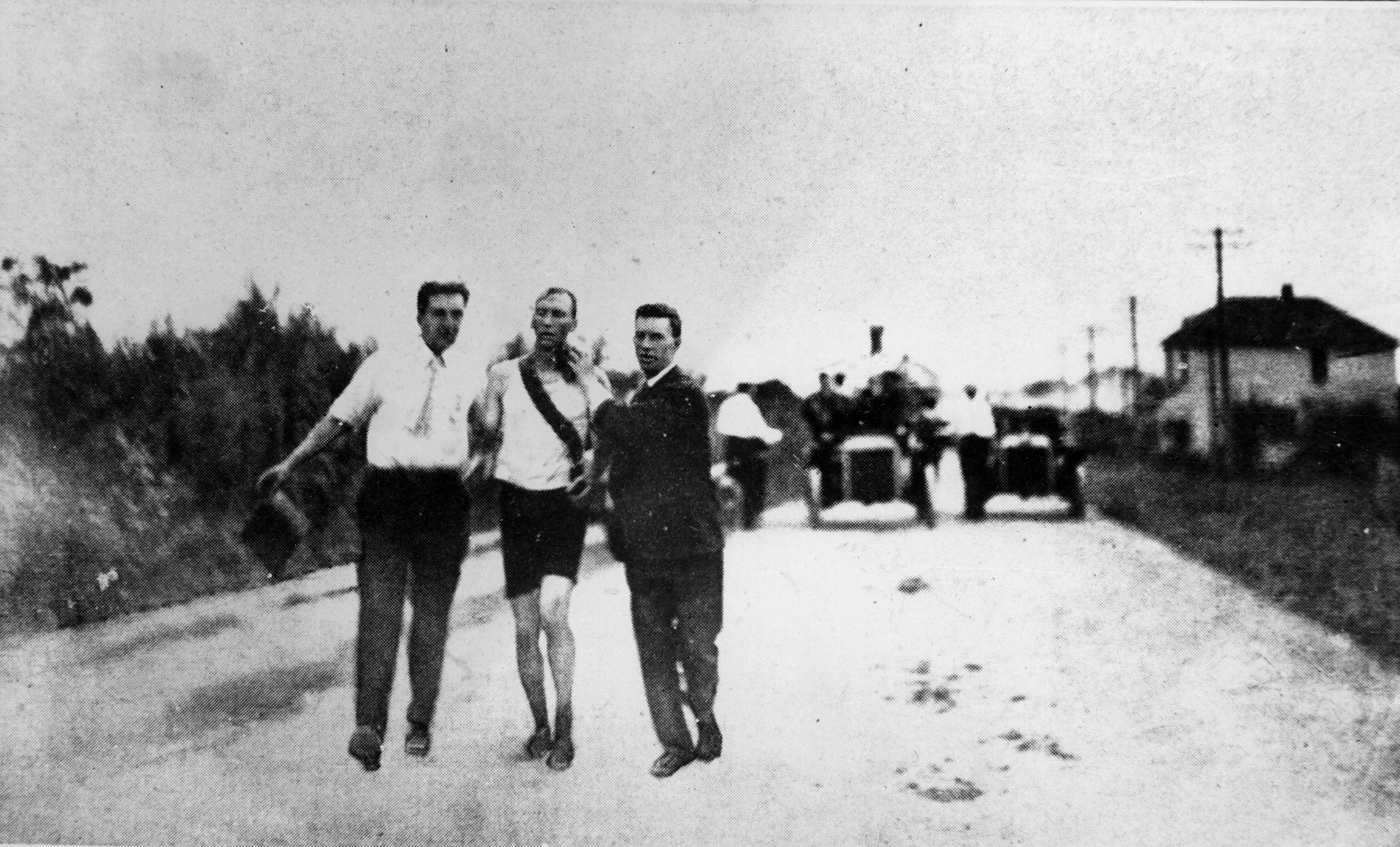
Meanwhile, Lorz finished his 18 kilometer ride in a car, ran the rest of the distance, and finished the marathon in less than three hours. The crowd screamed: “The American won!” Alice Roosevelt, daughter of the US President, laid a wreath on his head and was going to hang a gold medal on his neck, when the organizers called him a cheater. Lorz laughed and said he was not going to accept the award and finished the race merely as a joke.
Hicks who was limping along the track heard that Lorz was disqualified, came back to life and forced himself to jog. His coach gave him more strychnine, this time with brandy. “Over the last two miles of the road,” one of the people who watched the race wrote, “Hicks was running mechanically, like a well-oiled piece of machinery. His eyes were dull, lusterless; the ashen color of his face and skin had deepened; his arms appeared as weights well tied down; he could scarcely lift his legs, while his knees were almost stiff.”
His coach gave him more strychnine, this time with brandy.
Hicks started hallucinating. It seemed to him that he still had half the track left till the finish line. On the last kilometer he started asking for food, and then decided to lie down. He got more brandy and two egg whites. Reaching the finish line, he could only shuffle. Coaches carried him over the finish line: he won. Soon, Felix Carvajal woke up and started running. He came fourth.
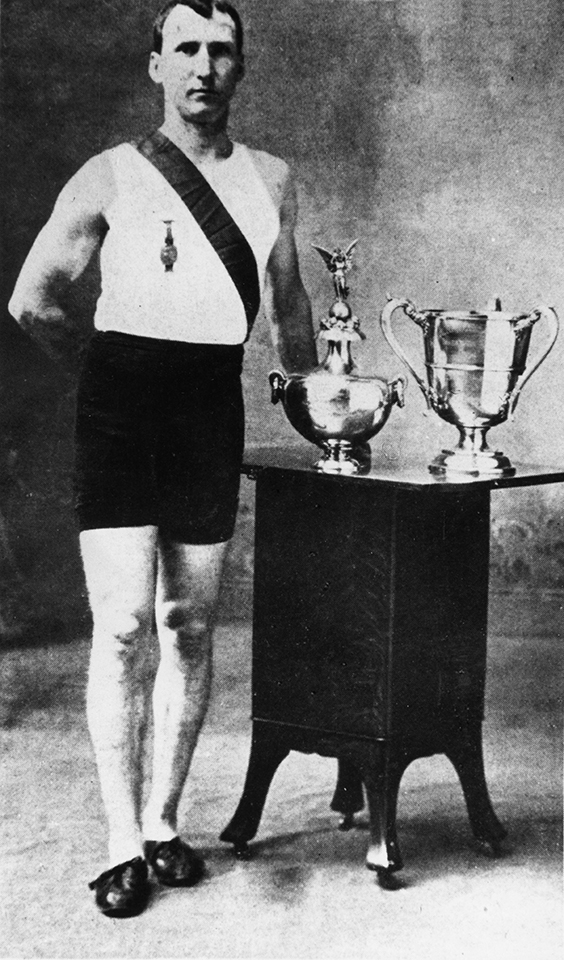
New and best




